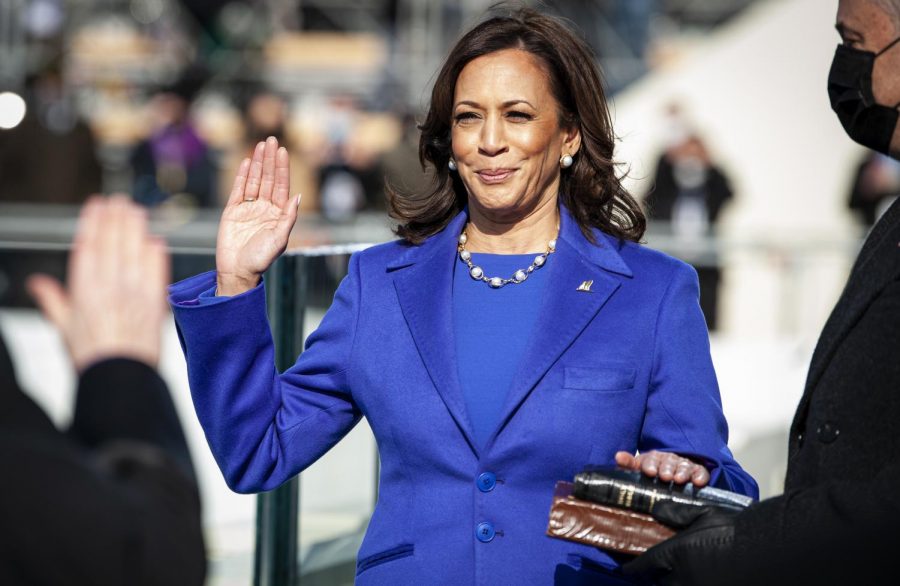
But that doesn’t exempt her from responding to questions about her political ideas.”Īfter less than two months in office, Márquez’s exact role in the new administration remains largely undefined, a fact that has unsettled some of her supporters. “Francia Márquez’s personal story may be admirable. “It’s very convenient for her and her followers to construct a defensive wall that characterizes as racist or classist any type of criticism,” Luis Guillermo Vélez, an opposition politician, wrote during the presidential campaign. Among those who dream that, one day, all human beings are going to change the economic model of death to an economic model of life.” “Among those women who raise their voices to stop the destruction of rivers, forests and wetlands. “I am part of the struggle against structural racism,” she declared in her 2018 Goldman Prize speech in San Francisco. Internationally, Márquez has developed a kind of rock-star following as a fearless crusader for environmental, racial and gender justice, climate change and other timely issues. She has weathered threats against her life, racist taunts and denied allegations of links to armed guerrillas.

Most of Colombia’s Afro-descendant peoples hail from the torrid zones along the Pacific and Caribbean coasts.īeyond race, Márquez has unabashedly challenged sexism, classism, inequality and gender prejudice, among other incendiary topics. Márquez calls herself a champion of the “nobodies” - the county’s Black and Indigenous minorities, the poor, working-class women and others at the fringes of a nation historically dominated by a white- mestizo male elite based in the cool Andean climes of Bogota. Their platform vowed social and political reformation of a nation battered by decades of civil war, narco-violence and deepening inequality. Petro, a sitting senator and former mayor of Bogota, the capital, won the primary and named Márquez his running mate in a June runoff, the pair narrowly beat a conservative businessman. But, in a March primary of the leftist Historic Pact coalition, she garnered almost 800,000 votes. Still, many didn’t take Márquez’s chances seriously last year when she announced her bid for the presidency. The massive street mobilizations, and police violence against protesters, set the stage for a “change” agenda in this year’s national voting. Her face stares from flamboyant wall murals, many proclaiming her campaign slogan: “ Vivir sabroso” - roughly, live life to the fullest.Īfro-Colombians were major participants in nationwide protests last year against what was then a conservative government. Márquez’s big jewelry and multi-patterned outfits have emerged as a style point for admirers from backgrounds rural and urban, poor and wealthy. But she also has a global profile, not just domestic.” “Francia Márquez is not the first great political leader in Colombia of African descent. “People of African descent are at the bottom of the pyramid in terms of inequality,” said Helmer Quiñones, an activist who wears a Black Lives Matter pin on his lapel.


 0 kommentar(er)
0 kommentar(er)
